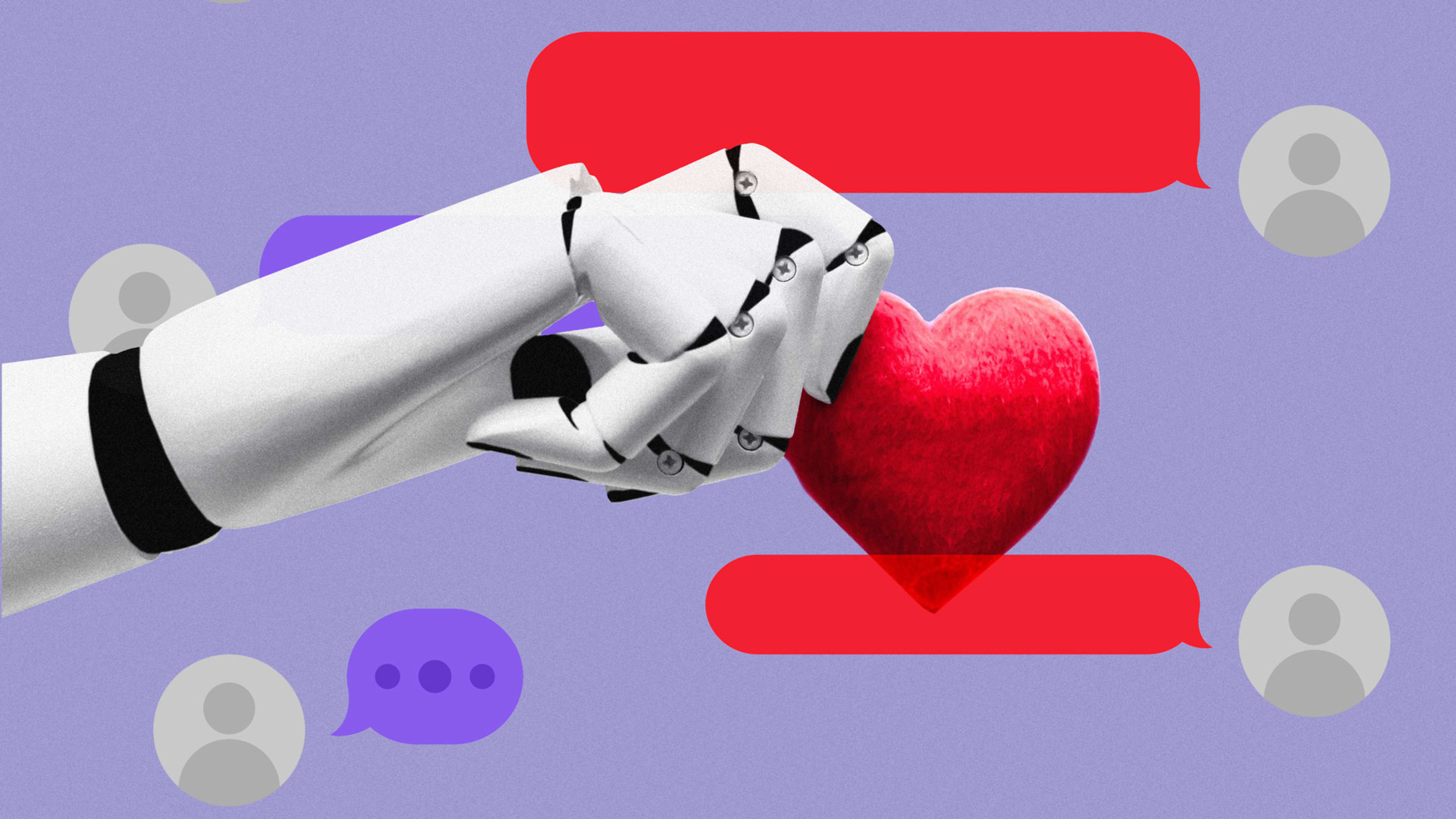As the leader of an AI company, I’m often concerned with the ethics of our technology. We always seek to empower users by giving them access to internal information–not making them feel frustrated, nervous, or alienated. That focus is consistently underscored as more and more HR teams adapt to trusting AI to handle frequent employee requests.
However, convincing HR professionals is only part of the battle. As employees start to feel more comfortable with engaging with AI, there’s added sensitivity when broaching private matters like maternity leave, 401(k) rollovers, and sabbaticals. That sensitivity is even greater as we deal with one of the most historically taboo topics in our society: mental health. The good news is that early data shows employees are increasingly more comfortable speaking directly with bots about deeply personal issues.
While Spoke requests are private and siloed for every organization, we are able to look at anonymous, aggregated data across hundreds of companies, which helps train the AI to better understand human intent. When segmenting that data for wellness queries–intent models folding in terms like “mental health,” “depression,” “burnout,” “anxiety,” and others–there’s been a 410% percent spike in 2019 compared to 2018.
In other words, employees are starting to seek out their companies’ respective mental health resources more often, and those conversations are increasingly starting via AI. Additionally, after an employee engages with AI on mental-health-related issues, he or she is significantly more likely to do it again, according to the data.
So, what are the drivers of this trend, and why are they of critical importance to employers?
While multiple studies have suggested that there is less stigmatization associated with mental health–especially among younger generations–many experts have noted that we still need to do a better job talking about mental health at work. This is especially true as these younger generations become the base of the workforce. CNBC recently reported that a shocking number of millennials and Gen Z employees have quit a job because of mental health reasons, and the productivity drain from a stressed workforce is a daunting challenge.
This basic need for compassion and empathy toward coworkers is also supported by the economic math. A 2019 study by the World Health Organization on mental health in the workplace concluded: “for every U.S. $1 put into scaled up treatment for common mental [challenges], there is a return of U.S.$ 4 in improved health and productivity.”
But, why is AI increasingly the starting point for mental-health conversations as opposed to engaging directly with HR? It seems to boil down to AI’s ever-improving understanding of language coupled with its discretion around personal matters, allowing individuals to start conversations that sometimes are hard with other humans.
Another reason is due to the speed of an initial response. People suffering from workplace-related stress often are experiencing issues in the moment and want to feel like they have a pathway forward quickly. As such, AI bots are sometimes pegged as a meta-layer of bureaucracy that deflects work from humans.
While that may be true at the exact moment of questioning, AI also can get employees additional help from the right human support more quickly, if requested. Often, a problem that people facing mental-health issues confront is spending countless hours looking either for the right resources or the right people to help them, which only compounds their stress. In an internal survey across dozens of employers, a majority of employees indicated they expect responses to a workplace query from the appropriate support person or team within five hours.
Another interesting takeaway from employees increasingly trusting AI with sensitive issues is that it challenges conventional wisdom about AI. It’s been a long-held belief that all AI bots reside in a cold dystopia while humans and their infinite kindnesses suffer the consequences. However, a recent global survey of 8,300 HR leaders conducted by Oracle and FutureWorkplace, which was presented in a recent webinar, found that an astonishing 64% of workers trusted AI chatbots more than they trusted their managers.
In short, for every concern about a chatbot’s ability to maintain privacy, there are two fears about judgemental coworkers respecting an employee’s privacy in social settings. Furthermore, most employees don’t even know their HR team members well enough to just blindly share their personal mental-health concerns. Yes, HR professionals might be bound by professional ethics around confidentiality, but people suffering from mental health issues even struggle to share concerns with medical professionals.
While some of these data points may seem surprising, I see these as extremely encouraging macro trends for the workplace. It’s a good thing that more people are able to discuss mental-wellness issues at work, and it’s also a good thing that HR professionals are much more equipped to work with those requests compared to their colleagues 30 years ago. As long as employers are able to ethically teach AI bots how to ask the right questions so people can get the right type of assistance more quickly, we may finally see a greater reduction in workplace stress.
Jay Srinivasan is the cofounder and CEO of Spoke.
Recognize your brand’s excellence by applying to this year’s Brands That Matter Awards before the early-rate deadline, May 3.
